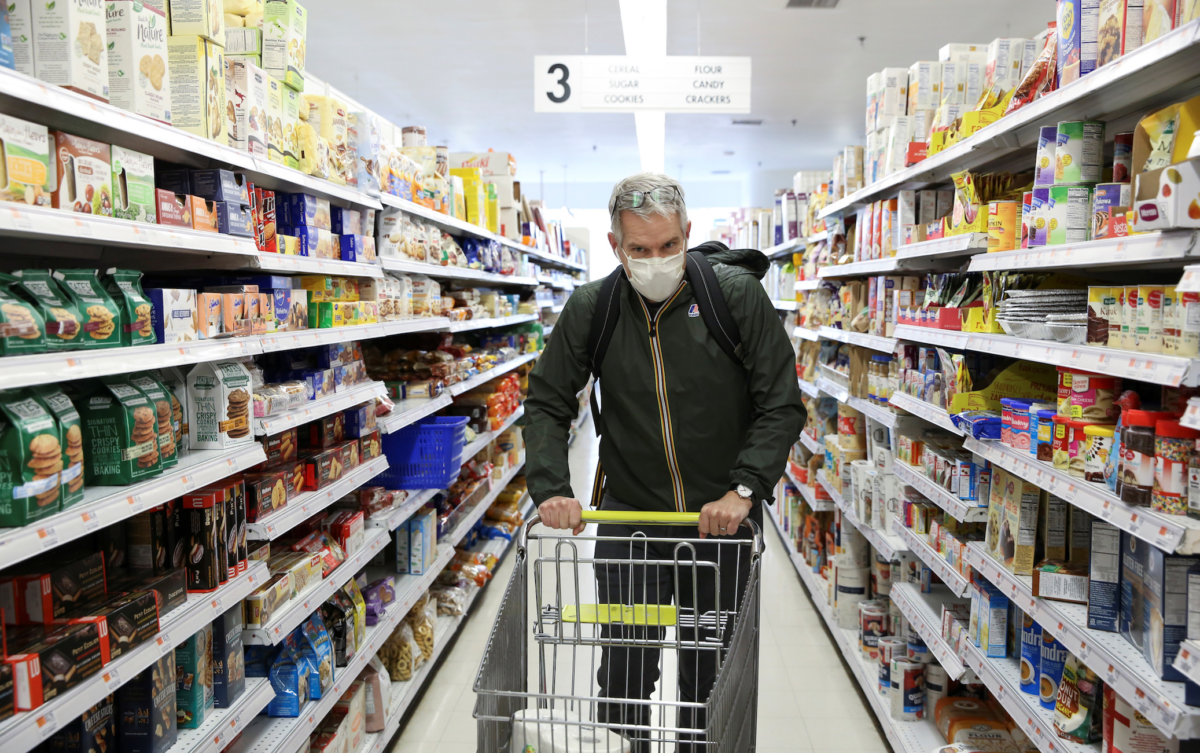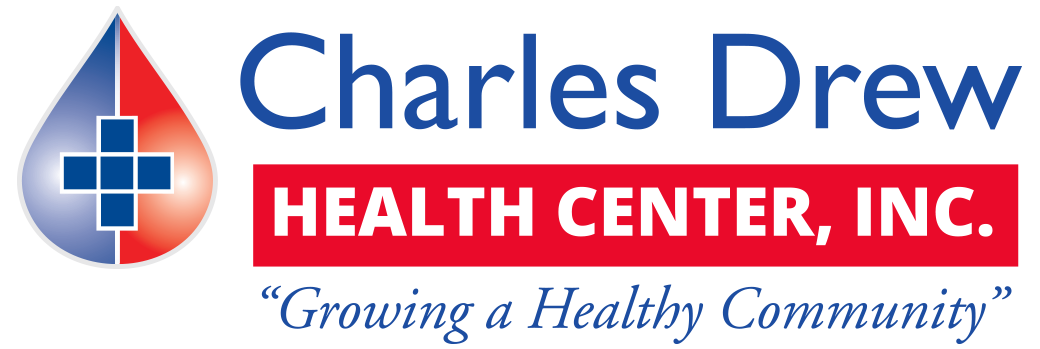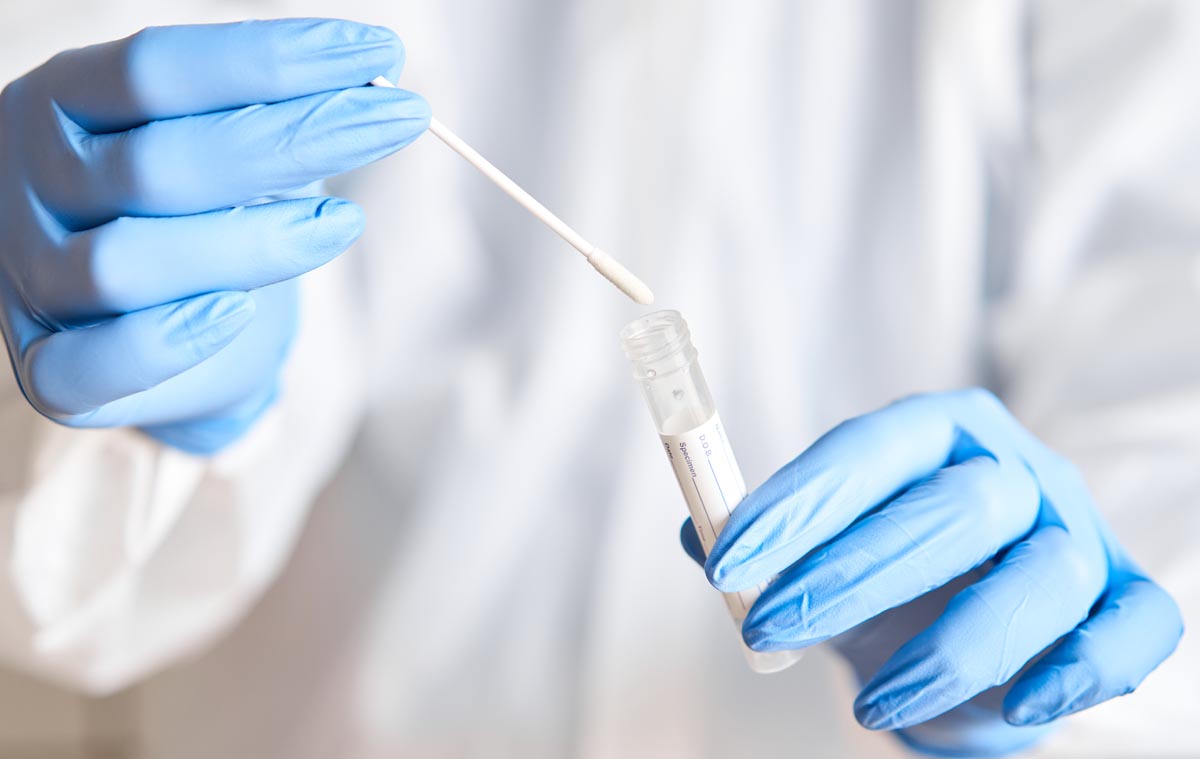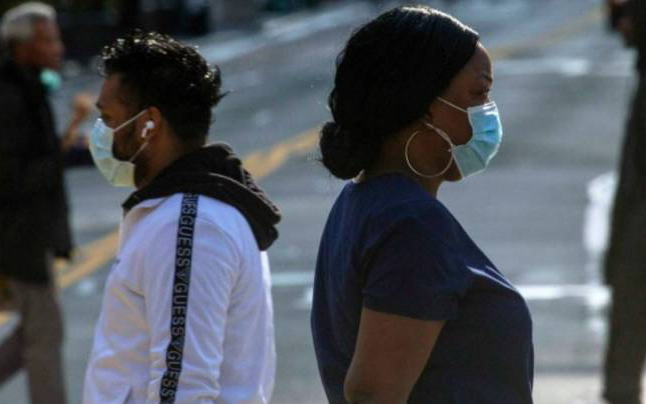We Must Stay Informed

We have long known that when it comes to health outcomes in America, inequalities have persisted along racial lines. The recent coronavirus pandemic has shined an ugly light on these disparities as severe cases of COVID 19, the illness caused by the virus, are disproportionately affecting African American communities at a higher rate.
Why is this?
Older adults and people of any age who have serious underlying medical conditions are at higher risk for severe illness from COVID-19. African-Americans, in particular, are much more likely to suffer from chronic diseases such as asthma, diabetes, heart disease, and high blood pressure– and these underlying conditions place us at a much higher risk of requiring hospitalization, or dying, from COVID-19. Data from cities with large African American populations, such as New Orleans, Detroit, and Milwaukee, continue to show much higher mortality rates among black and brown patients from COVID-19 than their white counterparts. In Chicago, where black residents make up approximately 29% of the city’s population, they account for 72% of the city’s COVID-19 deaths. While much is still unknown about the virus, it has become increasingly clear that it is impacting many vulnerable segments of our society. However, in America, that vulnerability is highly intersected with race and poverty.
Recently Dr. Anthony Fauci of the National Institutes of Health stated that African Americans do not appear to be at greater risk of becoming infected. However, structural inequalities often place us in the middle of the virus’ crosshairs. While many Americans have the privilege of working remotely throughout the crisis, African Americans are more likely to be designated “essential workers”, reporting for work day after day at lower wage jobs that often require a large degree of human interaction, placing us at a higher risk of coming into contact with someone who may be carrying the virus even if they may not be showing symptoms. In a recent report published by the Economic Policy Institute “less than one in five Black workers and roughly one in six Hispanic workers are able to work from home.”
So what steps should we take to stay safe and avoid further spread of the virus? The following Centers for Disease Control and Prevention recommends the following steps:
Know How It Spreads
The best way to prevent illness is to avoid being exposed to this virus. The virus is thought to spread mainly from person-to-person between people who are in close contact with one another (within six feet) through respiratory droplets produced when an infected person coughs, sneezes, or talks.
Clean Your Hands Often
Wash often with soap and water for at least 20 seconds especially after you have been in a public place, or after blowing your nose, coughing, or sneezing. Avoid touching your eyes, nose, and mouth with unwashed hands.
Avoid Close Contact
Avoid close contact with people who are sick, stay home as much as possible and avoid large groups, and put distance between yourself and other people.
Cover Your Mouth and Nose
Cover your mouth and nose with a cloth face cover when around others. You could spread COVID-19 to others even if you do not feel sick. Everyone should wear a face cover when they have to go out in public, for example to the grocery store or to pick up other necessities. Cloth face coverings should not be placed on young children under age 2, anyone who has trouble breathing, or is unconscious, incapacitated or otherwise unable to remove the mask without assistance. Continue to keep about 6 feet between yourself and others. The cloth face cover is not a substitute for social distancing.
Cover Coughs and Sneezes:
Always cover your mouth and nose with a tissue when you cough or sneeze or use the inside of your elbow. Throw used tissues in the trash. Immediately wash your hands with soap and water for at least 20 seconds. If soap and water are not readily available, clean your hands with a hand sanitizer that contains at least 60% alcohol.
While this may be a time of high anxiety, we are here to serve you. I am confident that we will get through this together and emerge stronger as a community. Charles Drew Health Center, Inc. has always been committed to the ongoing health and well-being of our patients, employees, and the community we serve. In addition to following Centers for Disease Control and Prevention (CDC) guidelines and maintaining standard infection control best practices, we are working proactively with the Nebraska Department of Health and Human Services, Douglas County Health Department, and countless partner organizations to monitor, stay informed and keep our community safe and healthy. If you believe you may be suffering from symptoms of COVID-19 including fever, cough, or shortness of breath, please call us at 402-451-3553.


